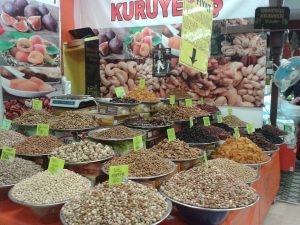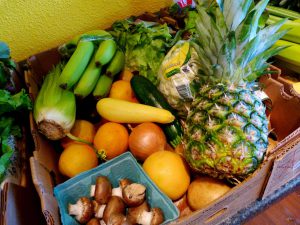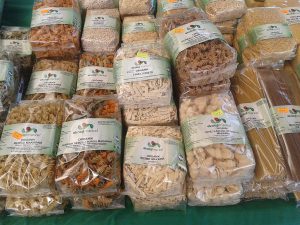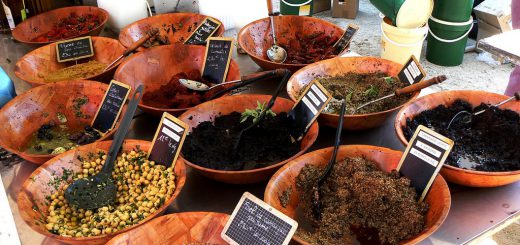Is Organic Food Really Better Than Non-Organic?
This question has been up to debate for quite some time. We all know that there could be numerous benefits coming from eating healthy, organic food. However, there have been many studies trying to determine if these benefits actually do make a change when it comes to the quality of life and whether the food which is not grown organically can cause harm to a person’s health. The truth of the matter is that they have come up with very little or no evidence to support the claims that organic food is superior to non-organic.
What is organic food?
To be certified as organic, products need to be grown and processed in a particular manner adhering to particular standards and methods. The rules regulating this are different in different countries, but typically, organic crops need to be grown without the application of synthetic pesticides, GMOs, ionizing radiation, sewage sludge fertilizers and fertilizers based on petroleum.
The rise of the organic industry

The organic food industry has grown significantly over the last decade, mainly because of the claims that food which is produced organically is not only healthier but also more nutritious than food grown using traditional farming methods and that this is also more environmentally friendly and ethical. The main argument for this is that herbicides and pesticides which are used lower the crop quality and potentially cause more pesticide and toxic metal residue on the produce in the amounts that can be dangerous.
However, there have been some studies which have shown that there is actually no difference when it comes to either health or nutrition when organic and non-organic food is compared. Furthermore, when it comes to health benefits, these studies shown how this potentially dangerous pesticide residue remained on the produce, but in the insignificant amounts that were neither dangerous nor toxic.
“Organic food is fertilizer-free”

One misconception is that organic farmers refrain from using pesticides – they, in fact, do use pesticides and fertilizers which only have fewer hazardous chemicals. This means that there aren’t practically any “100% organic natural fertilizers”. And some analyses have even shown how organic products contain higher levels of e. coli and some other bacteria, primarily because the fertilizer used was processed fecal material, for example.
The situation is similar when it comes to health benefits, and there are even some claims that a diet rich in organic produce is not better at all. One study from 2012 claims that organic products have slightly higher levels of phosphorus and another from 2014 that they have lower cadmium levels and higher antioxidant levels. These results are in favour of the organic foods proponents, but these differences were far from fascinating, and the price difference between organic and non-organic food definitely does not justify them.
Organic animal farming is a different story

One thing that is, in fact, more ethical when it comes to organically grown food
is organic animal farming. When it comes to living conditions for these animals, there are many standards, principles, and regulations which need to be ensured so that the livestock can be treated in a humane manner. An organic animal farmer must ensure that the living conditions of these animals are in accordance with their natural behaviour and health, meaning that they must have access to shade, fresh air, outdoors, direct sunlight and pastures. They need to be fed organic food themselves, and they mustn’t receive unnecessary antibiotics or hormones.









